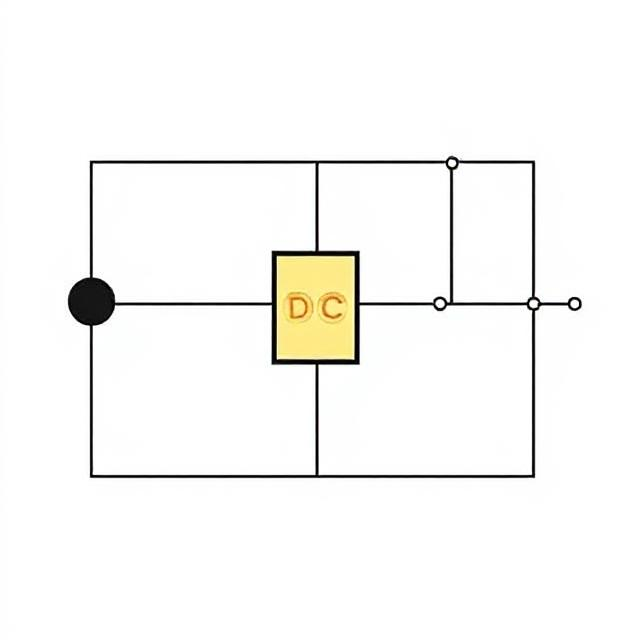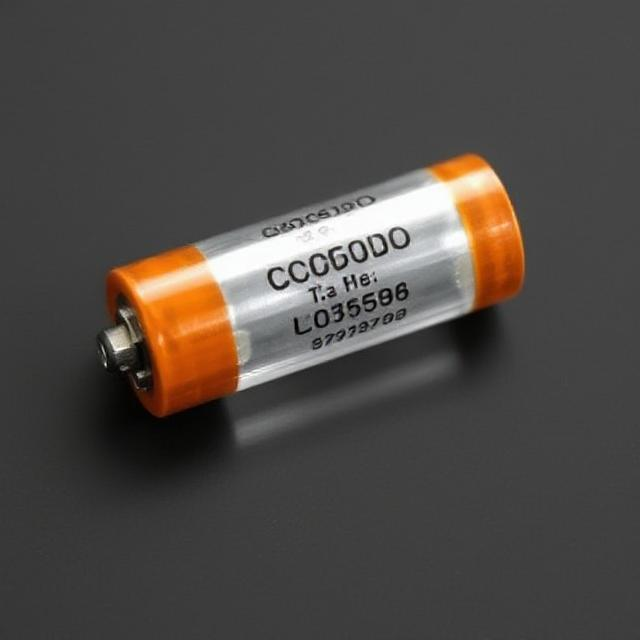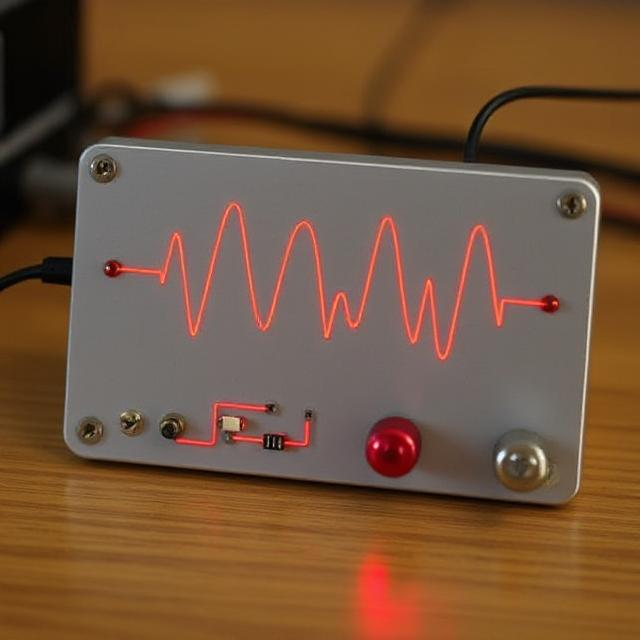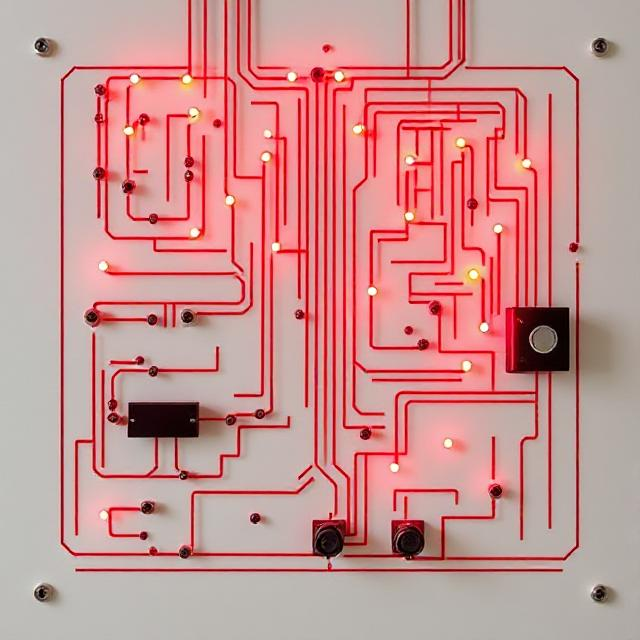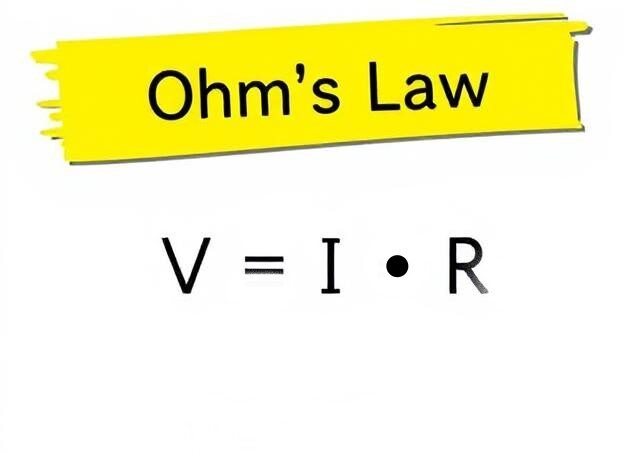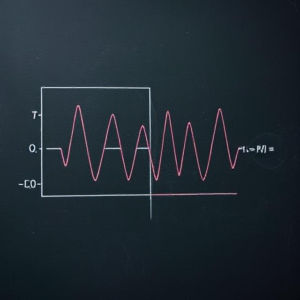Network theorems are mathematical tools and principles that allow us to simplify and analyze electrical circuits more...
Circuit Theory and Design
Resonance is an important concept in alternating current (AC) circuits, especially in communication systems, radios, and filters....
Electricity flows in two main forms: Direct Current (DC) and Alternating Current (AC). While DC flows in...
Transient Analysis is the study of a circuit’s response to changes in voltage or current, particularly during...
In electrical and electronic circuits, not all components behave the same way. Some, like resistors, simply reduce...
When diving into the world of electronics or electrical engineering, it’s essential to grasp three key concepts:...
Circuit theory is the cornerstone of electrical and electronic engineering. It enables us to understand how electricity...
Circuit simulation and validation are crucial steps in the design and development of electronic circuits. These processes...
Circuit design is a critical process in electrical engineering that involves planning and building circuits to perform...
Kirchhoff’s Laws are essential tools for analyzing complex electrical circuits. They consist of two main principles: the...
Electric circuits form the backbone of countless devices and systems, and they can be wired in two...
Coupling in electronics is all about transferring signals (AC or DC) between different parts of a circuit...
Current-controlled devices are controlled by the current flowing through them. An example is the BJT transistor, where...
circuit theorems are tools that help simplify the analysis of electrical circuits, making it easier to find...
Ohm's Law is a basic principle in electricity that explains how voltage, current, and resistance are related...



